Introduction to Sustainable Materials
In the world of sustainable fashion and home textiles, bamboo and cotton are two of the most talked-about natural fibers. But when it comes to choosing the best eco-friendly option, is bamboo better than cotton? The answer depends on several factors including sustainability, comfort, durability, and environmental impact.
Both bamboo and cotton are natural materials, making them eco-friendly and sustainable choices compared to synthetic options.
As consumers become more environmentally conscious, the demand for eco-friendly materials like bamboo and organic cotton continues to grow. Understanding the pros and cons of each can help you make informed choices that are both comfortable and planet-friendly.
What Is Bamboo Fabric?
Bamboo fabric is made by spinning bamboo fibres from the bamboo plant into yarn. It’s known for being:
- Ultra-soft and breathable
- Naturally hypoallergenic and antimicrobial
- Moisture-wicking and temperature regulating
- Grown with minimal water and without harmful pesticides
The bamboo plant is highly eco-friendly due to its rapid growth, low resource needs, and ability to thrive without chemical inputs, making it a sustainable alternative to traditional crops like cotton.
Bamboo sheets and bamboo underwear are especially popular for people with sensitive skin or allergies. Bamboo is also a rapidly renewable resource that can grow up to 1 meter per day without replanting, making it a top choice for sustainable living.
Cotton: Traditional but Problematic?
Cotton, while widely used, comes with significant environmental challenges:
- Requires vast amounts of water for cultivating cotton plants
- Often grown using chemical pesticides and fertilizers
- Traditional cotton farming contributes to soil degradation
High-quality cotton types such as Egyptian and Pima offer luxury and durability, but they still carry a heavy environmental footprint. Organic cotton is a better alternative, but it remains a water-intensive crop compared to bamboo.
Bamboo vs. Cotton Sheets: A Comparison
|
Feature |
Bamboo Sheets |
Cotton Sheets |
|---|---|---|
|
Softness |
Extremely soft, silk-like feel |
Soft, but stiffens over time |
|
Breathability |
Highly breathable, moisture-wicking |
Breathable, but absorbs moisture |
|
Temperature Regulation |
Superior temperature regulation, keeps you cool in summer and warm in winter |
Moderate temperature regulation |
|
Skin Sensitivity |
Hypoallergenic and antibacterial |
Can irritate sensitive skin |
|
Durability |
Long-lasting with proper care |
Very durable, especially high thread count |
|
Sustainability |
Low environmental impact |
High water and chemical usage |
|
|
|
|
For hot sleepers, people with skin sensitivities, or eco-conscious consumers, bamboo sheets often outperform cotton. Different fabric types, such as bamboo and cotton fabric, influence qualities like softness and breathability, so thread count alone isn't a sufficient measure for all fabric types.
Exploring Bamboo Cotton Hybrid Options
Not ready to fully switch? Bamboo-cotton blends offer a great middle ground. These hybrid fabrics combine:
- The durability of cotton
- The softness and eco-friendliness of bamboo
They are versatile, affordable, and available in different weaves like percale and sateen, offering tailored comfort for every preference.
Health and Comfort Benefits of Bamboo
Beyond sustainability, bamboo fabric offers several health benefits:
- Reduces skin irritation and allergies
- Naturally resists bacteria and odors thanks to its antimicrobial properties, which help prevent bacteria buildup and reduce odors
- Provides UV protection
- Regulates body temperature, reducing night sweats
Whether you’re buying bamboo bedding, clothing, or bamboo underwear, these natural benefits make it an excellent choice for daily comfort.
Durability and Care Tips for Bamboo Products
Bamboo fabric is strong but requires proper care:
- Can be machine washed, but always use cold water on a gentle cycle
- Avoid high temperatures during washing and drying, as hot water or heat can damage or shrink the fibers
- Avoid bleach or harsh detergents
- Tumble dry on low heat or line dry
- Use a cool iron if needed
Bamboo fabric is also known for its excellent shape retention, maintaining its fit and form even after multiple washes.
When cared for correctly, bamboo sheets and garments can last for years, maintaining their softness and performance.
Is Bamboo Expensive?
Bamboo products can be slightly more expensive upfront due to eco-friendly processing methods. Natural bamboo fabric may shrink more quickly than cotton and can be more expensive, but its sustainability and environmental benefits often outweigh these drawbacks. However, their:
- Longevity
- Performance
- Environmental benefits
…make them a smart long-term investment. As demand rises, prices continue to become more accessible.
The Environmental Edge: Bamboo’s Low Impact
Bamboo cultivation has several ecological advantages:
- Grows rapidly without fertilizers
- Requires up to 70% less water than cotton fabric
- Absorbs more carbon dioxide and releases more oxygen
- Biodegradable and renewable
Organic cotton is often considered a better alternative because it is grown using environmentally friendly methods, making it a sustainable fabric.
In contrast, cotton fabric production contributes heavily to water scarcity, especially in regions already affected by drought.
Making the Switch to Bamboo
If you’re looking for:
- Sustainable bedding
- Eco-conscious clothing
- Comfortable underwear
…bamboo is a top contender. Switching to bamboo products is a simple but impactful way to reduce your carbon footprint while enhancing your comfort and wellness.
Empowering Consumer Awareness: Making Informed Eco-Friendly Choices
As eco-friendly living becomes a top priority for many, consumers are seeking out products that align with their values—especially when it comes to the essentials like bed sheets. The choice between bamboo and cotton sheets is more than just a matter of comfort; it’s about understanding the impact of our decisions on both our well-being and the planet.
When comparing bamboo and cotton sheets, it’s important to look beyond the label. Bamboo sheets, crafted from natural bamboo fibers, are celebrated for their incredibly soft, silky feel and impressive moisture wicking properties—making them a favorite among hot sleepers and those with sensitive skin. Their naturally antibacterial qualities help reduce bacterial growth and odors, offering a fresh and gentle touch night after night.
Cotton sheets, on the other hand, have long been a staple in bedrooms worldwide. High-quality options like Egyptian cotton sheets and Pima cotton are renowned for their durability and classic softness. For those who prefer cotton sheets, organic cotton is a more sustainable choice, as it’s grown without harmful chemicals and supports better cotton cultivation practices. However, traditional cotton sheets can require more water and maintenance, and may be prone to shrinking or a coarser texture over time.
For those seeking the perfect combination of sustainability and comfort, bamboo cotton sheets and bamboo linen blends offer a balanced solution. These hybrid fabrics bring together the best of both worlds: the eco friendliness and moisture wicking benefits of bamboo with the familiar durability of cotton. Modal fabric and classic cotton also provide unique options, each with their own advantages in terms of feel, breathability, and care.
When choosing between bamboo and cotton, consider factors like thread count, fabric type, and care instructions. Bamboo sheets often feel softer even at lower thread counts, while cotton sheets can vary widely depending on the weave and quality of the cotton plant used. Proper care—such as washing on a gentle cycle and avoiding harsh chemicals—can help both bamboo and cotton sheets retain their shape and softness for years.
It’s also essential to be aware of the environmental impact of each fabric. Bamboo is a fast growing plant that requires minimal water and no chemical fertilizers, making it a sustainable resource. However, some bamboo fabrics are produced using chemical agents to turn bamboo pulp into silky fabric, so looking for eco-certified bamboo products can help ensure a truly sustainable option. Cotton cultivation, especially for traditional cotton sheets, often involves significant water use and chemical processing, though organic cotton offers a more environmentally friendly alternative.
Ultimately, the best choice comes down to your personal preferences and priorities. Whether you value the unparalleled softness and natural choice of bamboo, the time-tested comfort of high quality cotton, or the perfect match of a bamboo cotton blend, there’s a sustainable option to suit every lifestyle. By staying informed and considering the full lifecycle of your bed linen, you can make choices that support both everyday comfort and a greener future.
Empowering yourself with knowledge about bamboo and cotton sheets means you can rest easy—knowing your decision is as good for your skin as it is for the planet.
Final Verdict: Is Bamboo Better Than Cotton?
Yes — for most eco-conscious consumers, bamboo is better than cotton when considering:
- Sustainability
- Comfort
- Health benefits
- Environmental impact
While organic cotton is a step in the right direction, bamboo offers a more comprehensive solution for those prioritizing the planet and performance.
Eco-Friendly Choices for a Greener Future
Choosing sustainable materials like bamboo is no longer a trend — it’s a necessity. With its low impact on the environment, health-friendly properties, and luxurious feel, bamboo is the fabric of the future.
Start making better choices today. Switch to bamboo, and support a cleaner, greener planet.

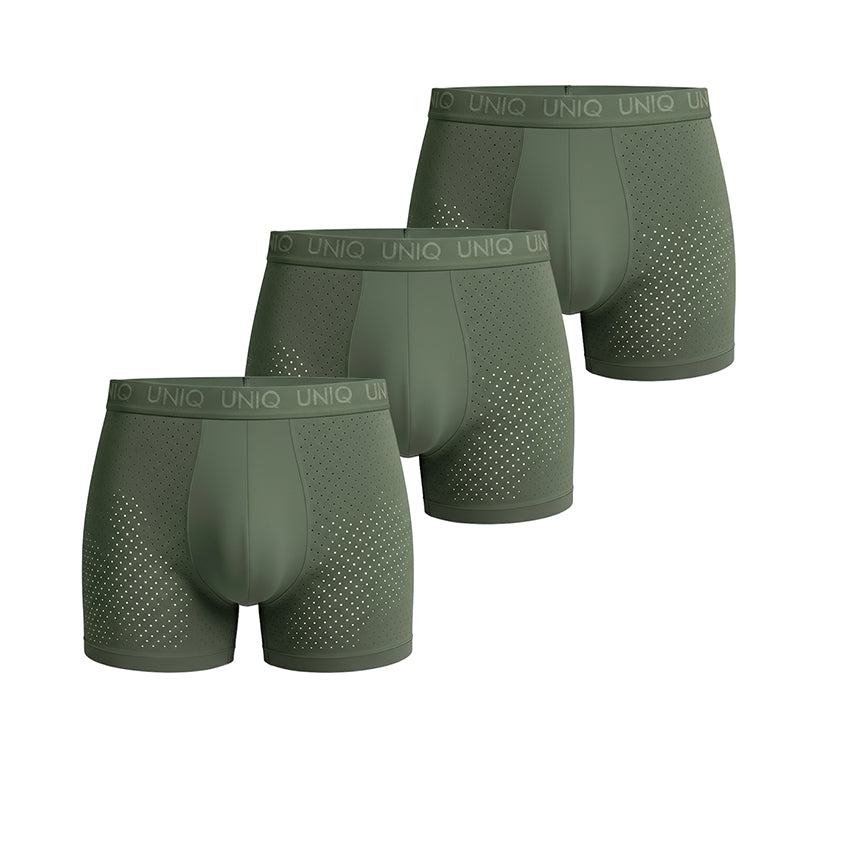
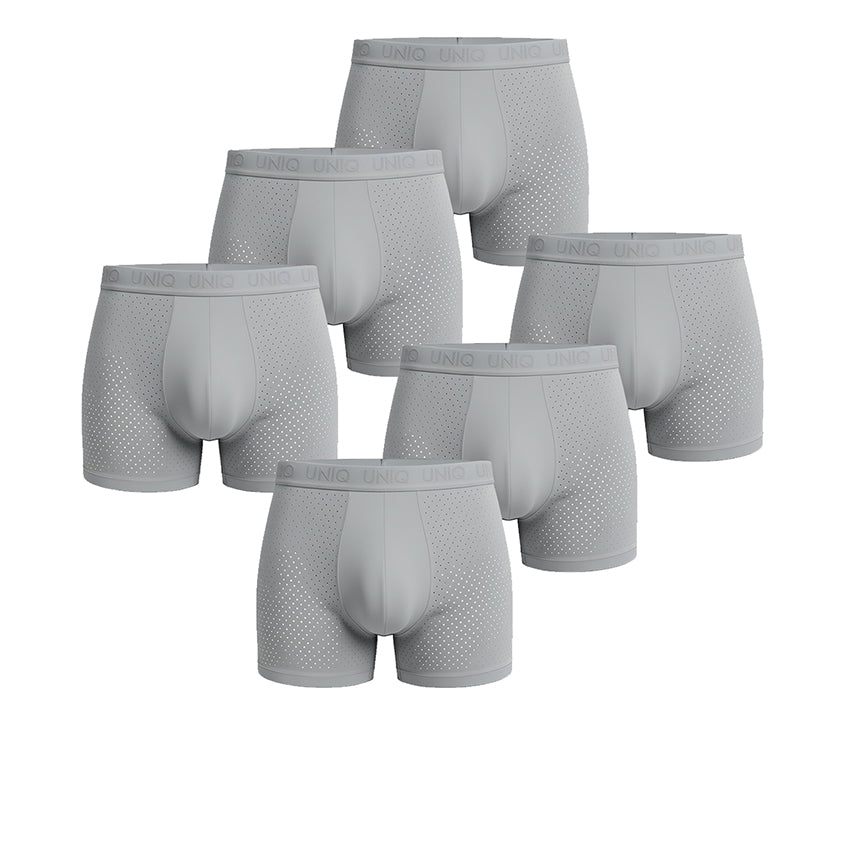
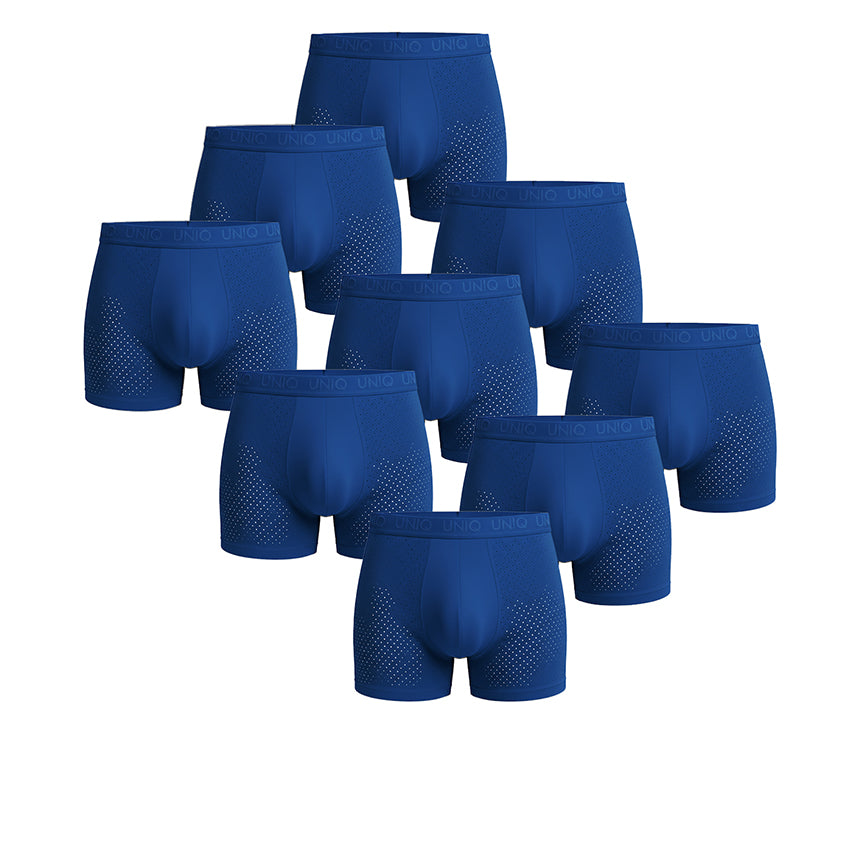
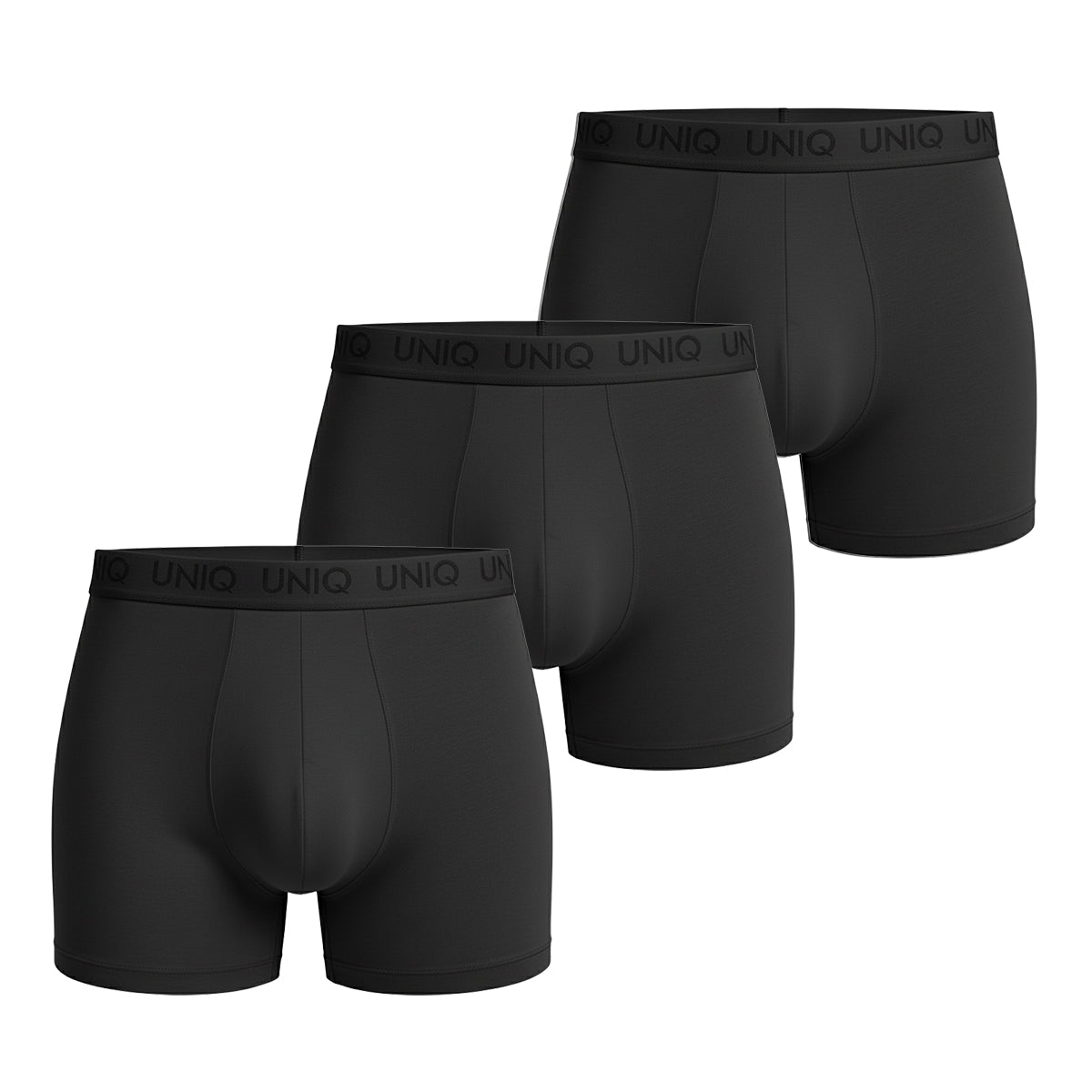
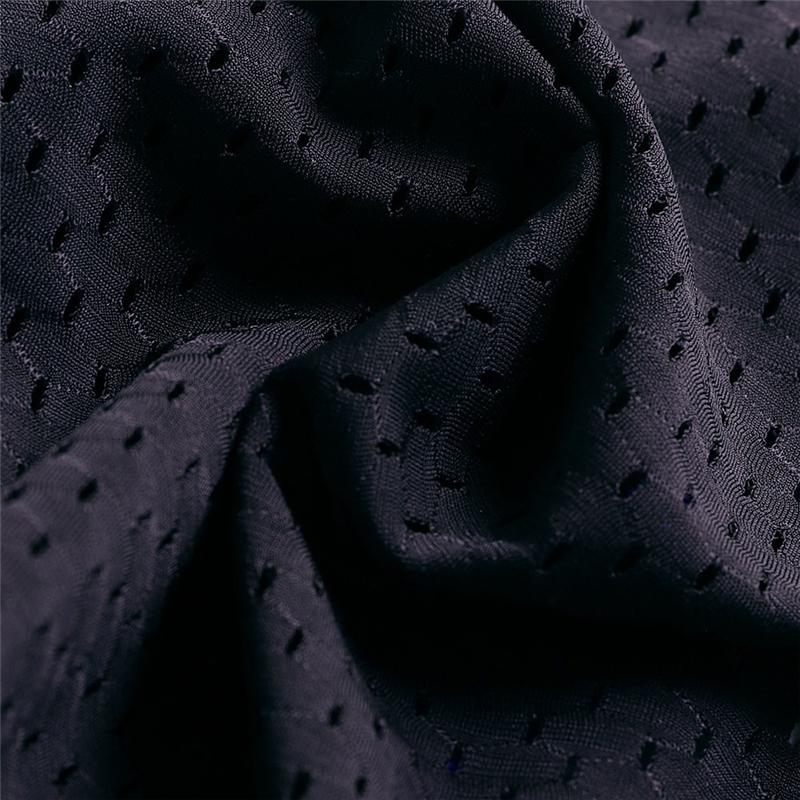
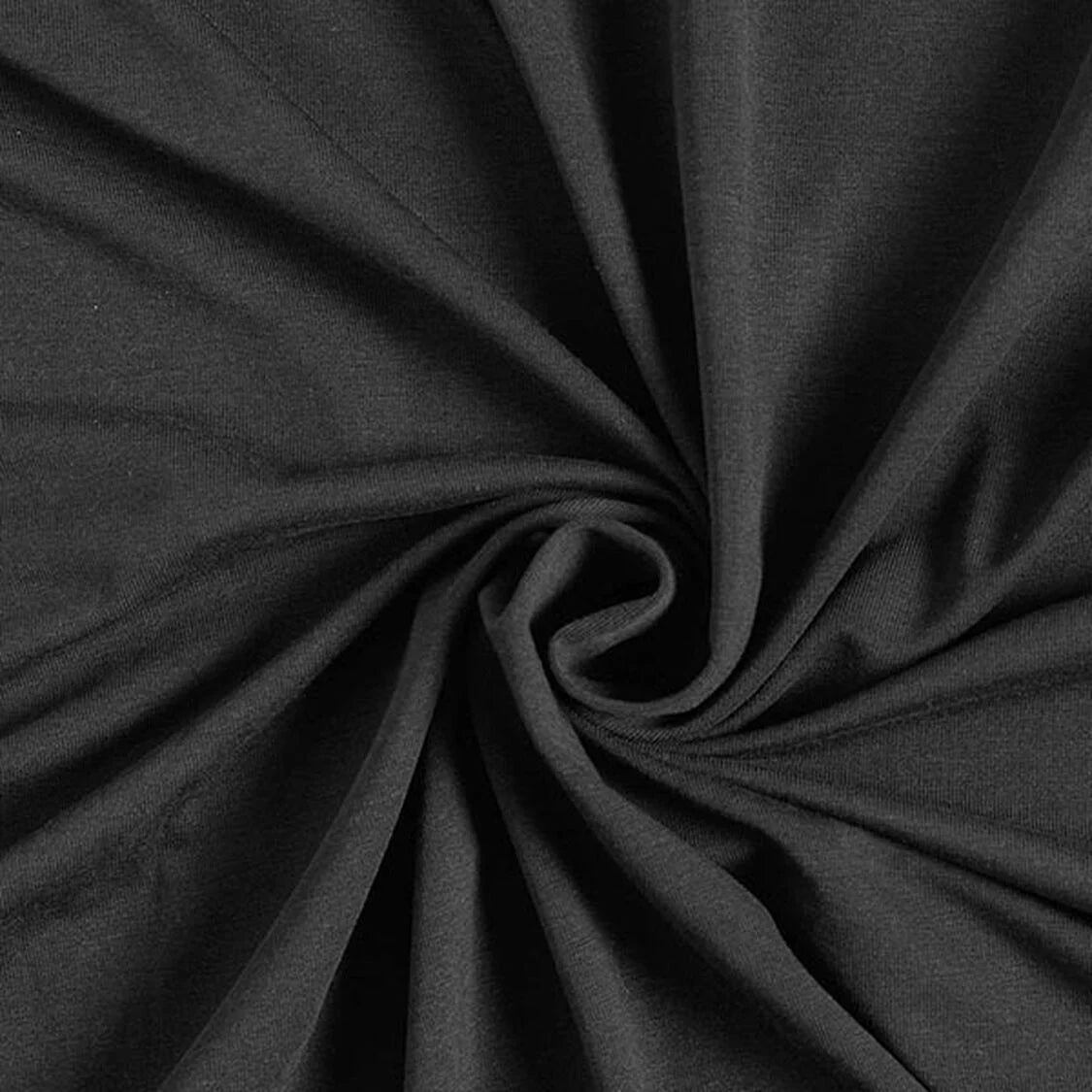
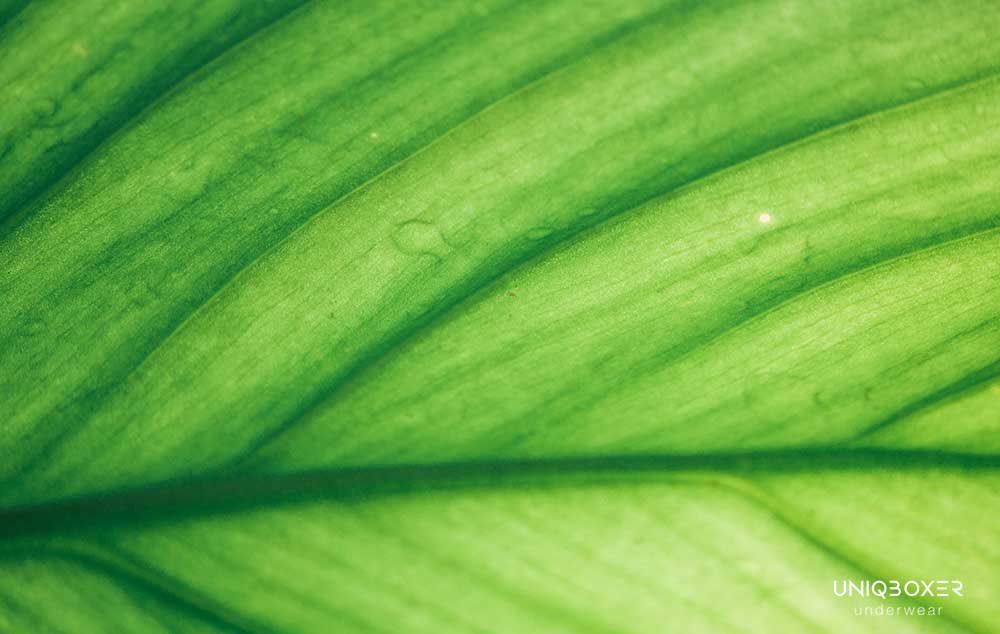
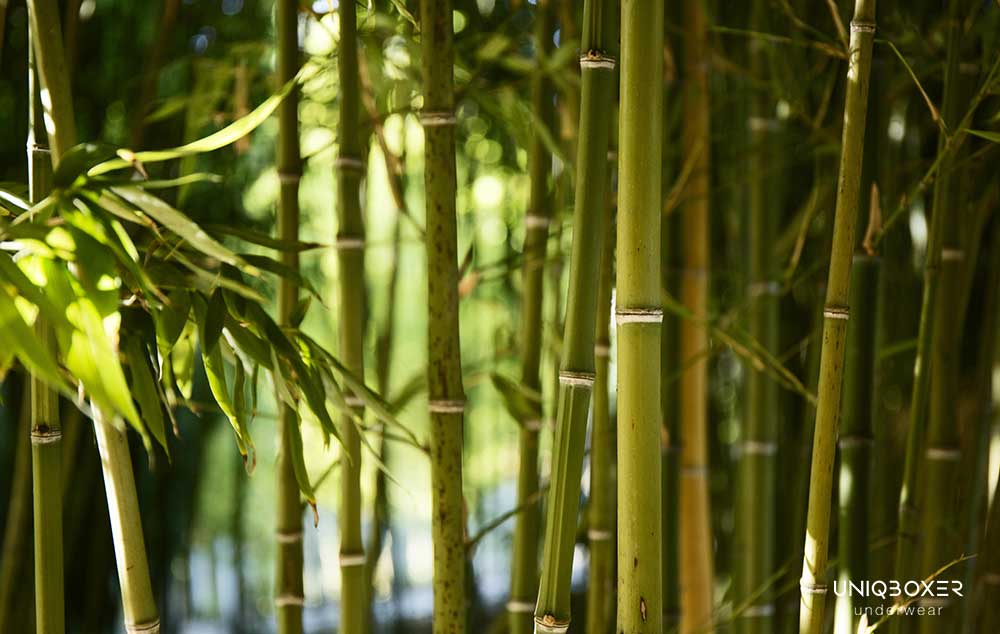
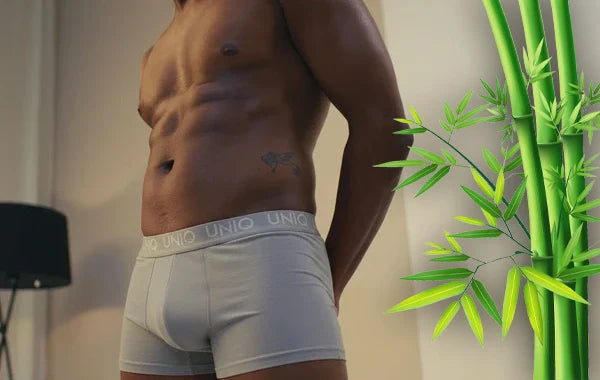
Leave a comment
This site is protected by hCaptcha and the hCaptcha Privacy Policy and Terms of Service apply.